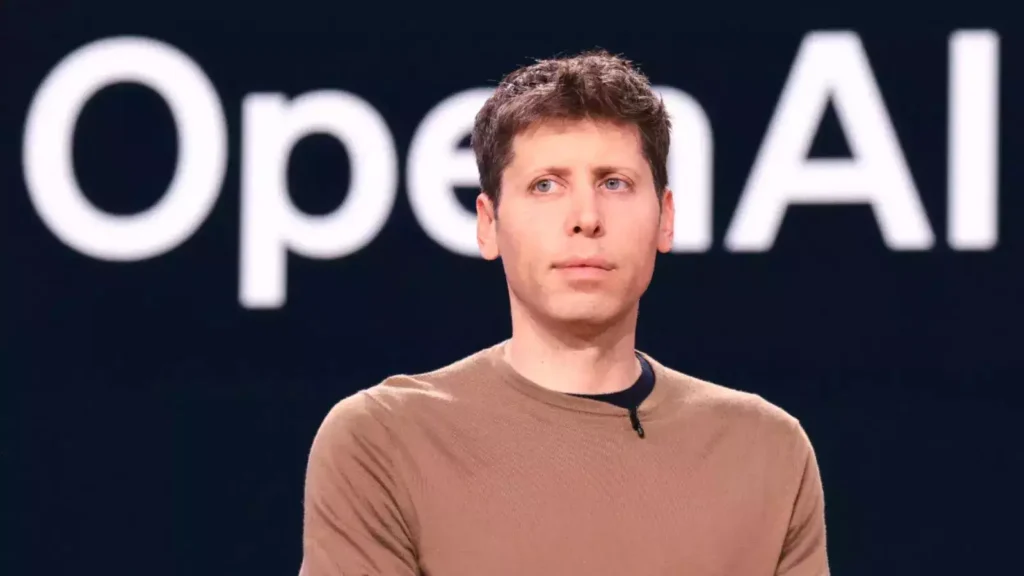OpenAI has officially scrapped its controversial plan to restructure into a for-profit entity, opting instead to retain control under its founding nonprofit board. The decision comes after growing criticism from civil society groups, ethical AI advocates, and scrutiny from government officials.
In a blog post published on OpenAI’s official website, CEO Sam Altman confirmed that the organization will continue to operate under its nonprofit charter, following consultations with civic leaders and discussions with the offices of the Attorneys General of California and Delaware. “We made the decision for the nonprofit to stay in control,” Altman stated, underscoring the significance of public trust in the development of artificial intelligence technologies.
The original restructuring proposal had aimed to shift OpenAI into a more traditional for-profit model, reportedly to attract large-scale investment and talent. However, critics argued that such a move risked compromising the company’s core mission: to ensure that artificial general intelligence (AGI) benefits all of humanity. Detractors feared that profit motives could override safety and ethical considerations, especially as OpenAI’s tools—like ChatGPT—become more integrated into society.
By keeping the nonprofit board in control, OpenAI is doubling down on its original vision to serve public interest over commercial gain. The board structure will continue to oversee key decisions, including model deployments and partnerships, to ensure alignment with OpenAI’s stated goals of safe and responsible AI development.
Still, the decision may not sit well with some investors. OpenAI’s unique capped-profit model, which already limits returns on investments, has faced criticism from venture capitalists seeking higher potential gains. The revised stance may affect future funding rounds or alter strategic partnerships, particularly with firms expecting a more conventional corporate structure.
Despite the tension, OpenAI’s move has been lauded by many in the AI ethics community as a win for responsible innovation. As governments around the world consider regulations for emerging AI technologies, OpenAI’s decision to maintain nonprofit governance could serve as a precedent for balancing innovation with accountability.
The latest development reflects a pivotal moment in the AI industry, where governance decisions are becoming as critical as technological breakthroughs.

